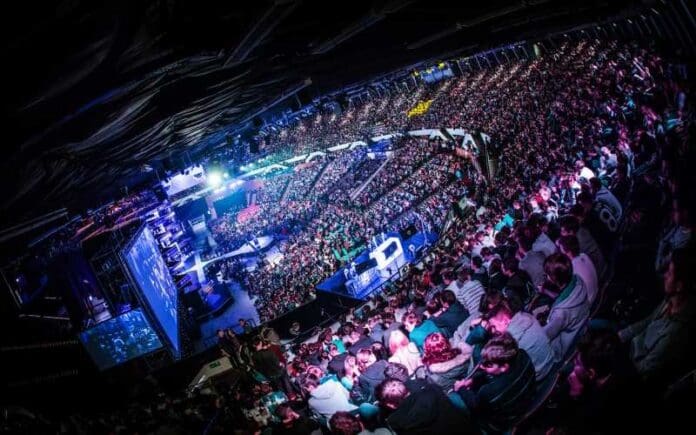The world of traditional sports and esports are two very different beasts. While they may be similar in some ways, the differences between the two are vast. This is especially true when it comes to their respective audiences.
However, despite these differences, there is a growing relationship between traditional sports and esports that has many people wondering what this could mean for both industries in the future.
In this article, we’ll explore why traditional sports and esports have found common ground and what this could mean for the future of both industries.
Esports vs Traditional Sports: What’s the Difference?
Before we dive into why traditional sports and esports have found common ground, let’s take a look at some of the key differences between them. For starters, while traditional sports involve physical exertion by athletes on a real-world playing field, esports are based on virtual play using computers or consoles.
Additionally, each type of sport appeals to different demographics. While traditional sports tend to attract older generations who appreciate watching live games with friends or family, esports appeal mainly to younger generations who prefer to watch online streams from their homes or favorite gaming cafe. As such, it’s no surprise that each industry has its own set of fans that support their respective teams with passion and enthusiasm.
Another big difference between traditional sports and esports is their respective revenue streams. Whereas traditional sports teams generate most of their income through ticket sales, sponsorships, merchandise sales, and broadcast rights deals; esports teams rely heavily on advertising revenues from streaming platforms like Twitch or YouTube Gaming as well as sponsorships from brands like Intel or NVIDIA. Also, some forms of online gambling, such as roulette games, have been integrated into the esports industry as a way to generate revenue and engage fans.
Lastly, the competitive aspects of each industry also differ; whereas traditional sports leagues are governed by strict rules and regulations enforced by governing bodies like FIFA or MLB; in contrast, competitive gaming is mostly unregulated with only a few major professional gaming organizations like Major League Gaming (MLG) providing any kind of oversight over professional tournaments.
Why traditional sports and esports have found common ground
Growing popularity of competitive gaming
The number of people watching professional gaming competitions has been increasing rapidly. Statistics show that there are 532.1 million e-sports audiences worldwide as of 2023. This trend has made esports more mainstream and has attracted the attention of traditional sports fans and major brands.
The influx of money into both industries
The growing interest in esports has also led to an increase in investment and sponsorship deals. Major brands like Nike are now investing in esports organizations and sponsoring events across multiple titles. For example, Nike signed a multi-year deal with FaZe Clan, one of the biggest names in esports, to create custom apparel for its players and sponsor its events in several different games.
Similarities between traditional sports and esports
Despite their differences, traditional sports and esports share some similarities that have helped bridge the gap between the two industries. Both involve competition, teamwork, strategy, and skill, and both have passionate fan bases.
As a result, many traditional sports organizations and athletes have become interested in esports and have started to invest in or participate in the industry.
Conclusion
As more people come around to embracing competitive gaming as a legitimate form of entertainment, companies across both industries will continue to find new ways to capitalize on this trend. This could lead to more collaborations between major brands across both industries leading not only to greater revenues but also increased visibility which could help bring more legitimacy to competitive gaming worldwide.
Ultimately, time will tell how far this relationship between traditional sports and esports will go, but one thing is certain—it looks like these two vastly different worlds are here to stay!


